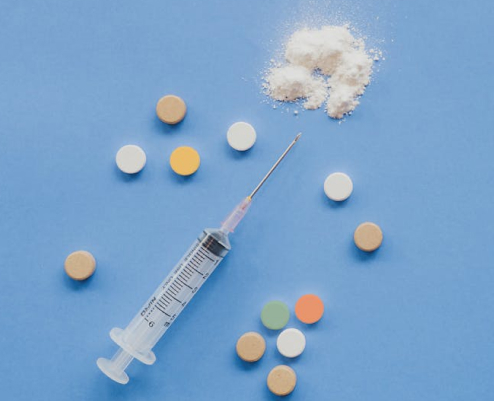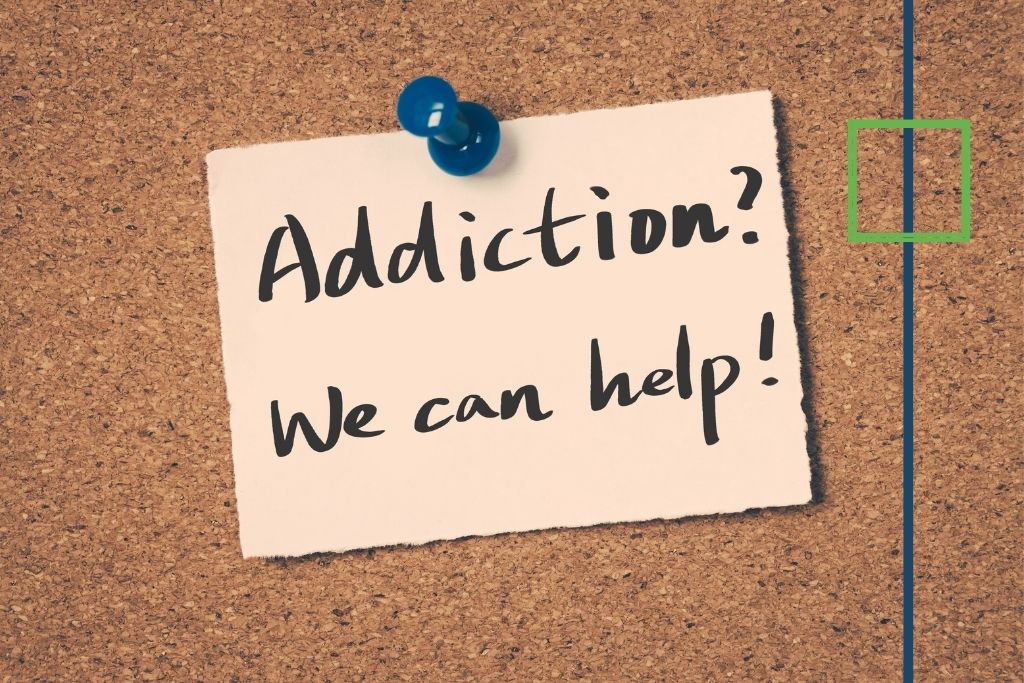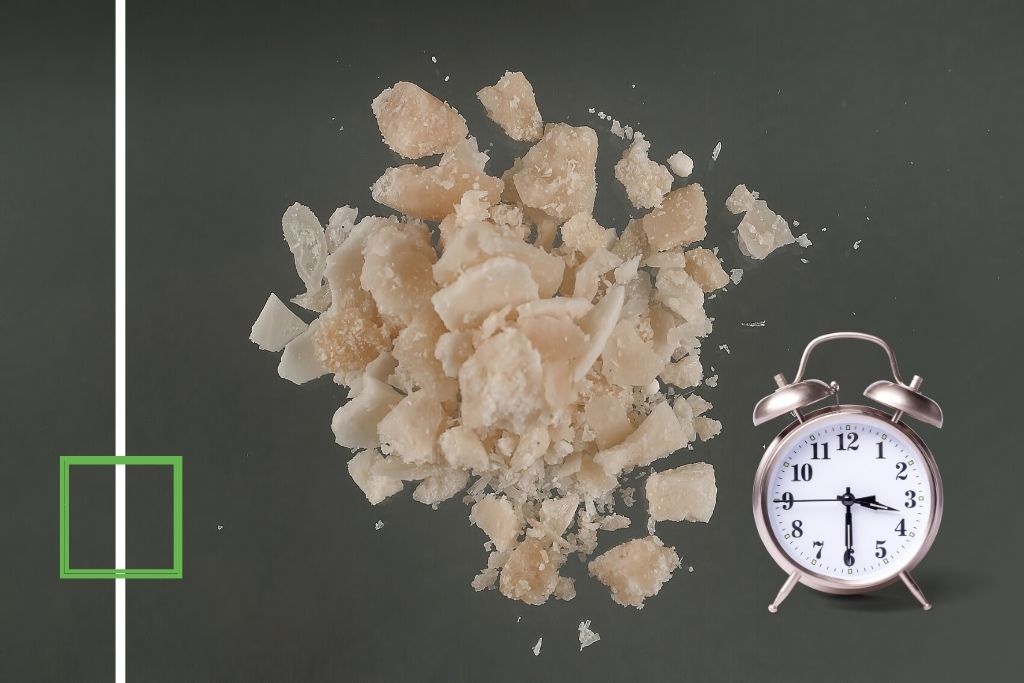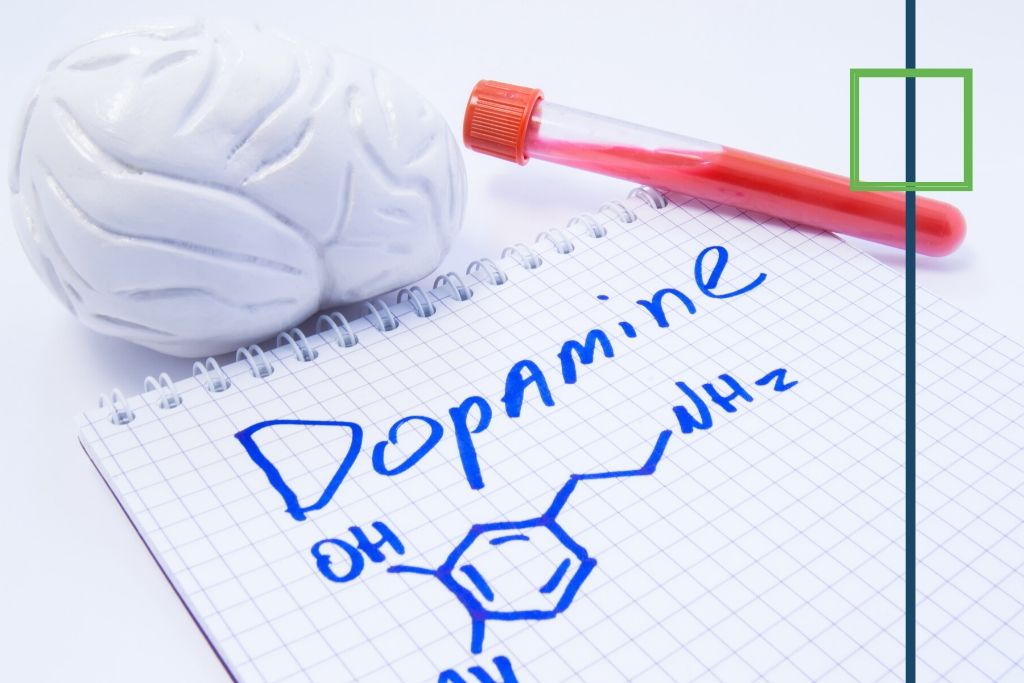What is Methamphetamine?
Methamphetamine is a street drug that is commonly known by the short form name “meth”. Other common nicknames for the substance include speed, crank, and chalk. Meth is a stimulant, like cocaine and Ritalin, but it is also a street drug. It is illicitly manufactured and sold on the streets of the United States, with a significant presence in Texas. Methamphetamine is a highly addictive substance commonly synthesized using the over-the-counter decongestant, pseudoephedrine, and other harsh chemicals. Being that meth is created in illicit make-shift labs, methamphetamine could be made with any number of dangerous substances. Additionally, when the substance is prepared for distribution, it may be mixed with various fillers that increase profit margins for drug dealers.
Methamphetamine vs. Crystal Meth
Meth is a powdery substance that can be snorted or swallowed, but distributors often prepared into a crystalline form called crystal meth. Also known as rocks, ice, or glass, crystal meth can be crushed and snorted, smoked, or melted and injected intravenously.
What Happens When You Use Meth
When consumed, both meth and crystal meth induces an energizing high similar to other stimulants. It does this by triggering the release of a large amount of dopamine. Unfortunately, the energy and euphoria experienced is artificially induced and wears off just as quickly as the body processes the drug. A desire to achieve the same effects time and again can lead to a meth addiction or dependence.
It only takes a few months of heavy meth use for the severe effects of meth use to become visible to the naked eye. Meth users are often identified via “meth mouth”, which is severe damage caused to the teeth and gums from smoking methamphetamine. When looking at before and after photos of a meth user that may have only been taken months apart, they almost become unrecognizable.
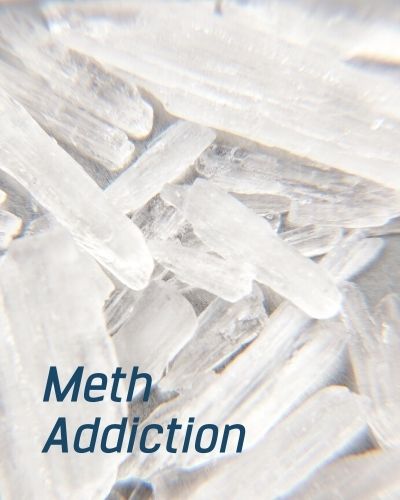
Meth Addiction Signs & Symptoms
Short Term
- increased energy and alertness
- reduced appetite
- faster breathing
- rapid and/or irregular heartbeat
- increased blood pressure
- increased body temperature
Long-Term
- significant weight loss
- severe dental problems (“meth mouth”)
- persistent itching, leading to skin sores from scratching
- anxiety
- changes in brain structure and function
- confusion
- memory loss
- insomnia
- violent behavior
- paranoia
- hallucinations
Meth Detox
The first step to recovery from methamphetamine addiction is detox. During detox, the user will likely experience several unpleasant symptoms including:
- Anxiety
- Fatigue and Sleepiness
- Depression
- Psychosis
- Meth Cravings
- Increased Appetite
The detox process can take a week or more depending on how much they were using an how often.
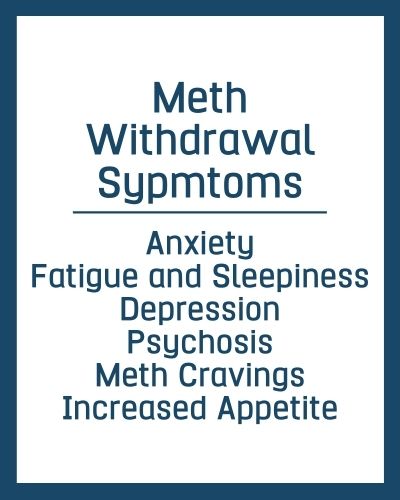
Methamphetamine Addiction Treatment
Once detox has been completed, the next steps may include a long term residential rehab program or an outpatient treatment option. Partial hospitalization and intensive outpatient treatment programs provide varying levels of flexibility while individuals in recovery develop tools and skills for relapse prevention. At Level Up Treatment Centers, we strive to help our clients realize their potential while attending programming at our facilities.
Meth Addition Rates
- According to the 2017 National Survey on Drug Use and Health (NSDUH), approximately 1.6 million people (0.6 percent of the population) reported using methamphetamine in the past year.
- Treatment admissions for methamphetamine as the primary substance of use were less than one percent in sites east of the Mississippi River, but ranged from 12-29 percent in the sites west of the Mississippi.
- Methamphetamine-related overdose deaths increased by 7.5 times between 2007 and 2017.
- Washington, Colorado, Texas, Florida, and Georgia all reported an increase in methamphetamine overdose deaths in 2017.

